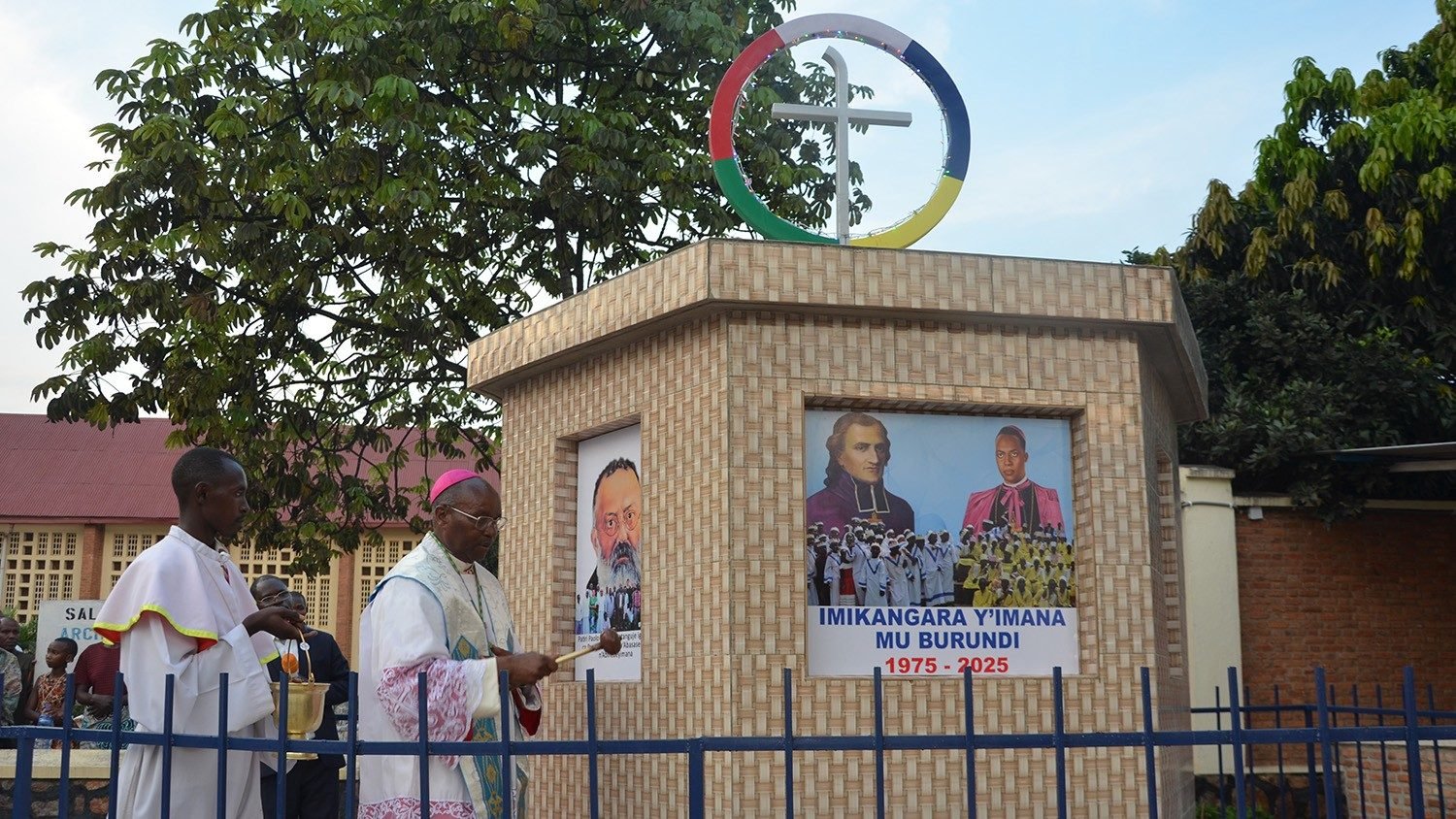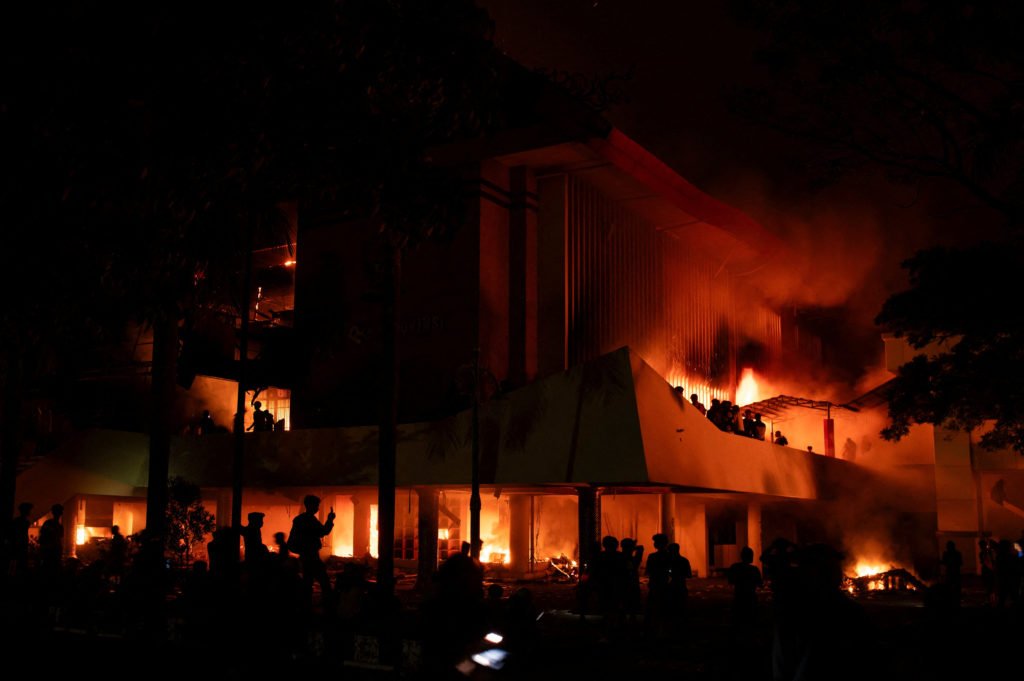The Saint Curé d’Ars Major Seminary in Bujumbura hosted a national congress on the priesthood from 27 August to 30 August 2025. This event brought together Bishops and representatives of priests from all eight dioceses of the country. It had a dual purpose: to mark the centenary of the first ordinations of Burundian priests (1925 – 2025) and to celebrate the Jubilee Year observed by the universal Church.
Lambert Riyazimana – Bujumbura
The congress opened with a Mass presided over by Archbishop Bonaventure Nahimana of Gitega and President of the Burundian Episcopal Conference. Reflecting on the readings chosen for the commemoration of Saint John the Baptist’s martyrdom, Archbishop Nahimana reminded priests of their prophetic mission, especially in a Burundi seeking to recover from the ravages of war—a Burundi that needs to promote the worship of truth and justice.
The congress was an opportunity to thank God and express gratitude to the Missionaries of Africa (White Fathers), who played a crucial role in the evangelization and the formation of the first Burundian priests. Today, the Church in Burundi is thriving, with over 1,300 indigenous priests serving a population where nearly 70% are Catholic—testimony to the vitality and fertility of faith in the land. Many priests and consecrated persons have become missionaries across Africa and in Europe.
The priestly congress primarily served as a time for priests to reconnect and reflect together on two major themes: “The Identity and Mission of the Priest in the Socio-Cultural Context of Burundi” and “The Physical wellbeing of the Priest” within the same context.
Challenges and Perspectives for the Burundian Priesthood
Various workshops highlighted several challenges faced by priests in their daily lives and mission. Among these is poverty, which affects the entire country and creates insecurity that does not spare priests, leaving them uncertain about the future. Issues related to formation were also discussed—both initial formation in seminaries and ongoing training for priests already in ministry, as well as the formation of lay faithful, who collaborate with priests and are engaged in managing temporal affairs.
A particularly sensitive challenge concerns the wounded memories inherited from the fratricidal conflicts experienced in Burundi. These wounds hinder reconciliation within the people, including within the clergy, posing a major obstacle to pastoral efforts centred on unity and peace. One proposed solution is to revisit the acts of the various diocesan synods held following the peace agreements signed in Arusha, Tanzania, which aimed to build a Church-family promoting peace and reconciliation.
A Hopeful Future
Despite these challenges, the atmosphere of the congress was filled with renewal and hope. Participants left with renewed energy, each committed to their respective missions. Concrete initiatives are being planned for the future, including actions to help priests deepen their sense of identity and mission, the development of practical projects focused on the pastoral and material self-sufficiency of the Church in Burundi and its clergy, and the establishment or improvement of a solidarity system to enhance financial support among priests and other apostolic workers.
This national congress on the priesthood in Burundi proved to be a moment of grace and fraternity. It not only celebrated a rich history of faith but also paved the way toward a future where priests can serve their people with renewed strength and effectiveness, rooted in their mission and united in facing the challenges confronting Burundian society at large—and the Church in particular.





